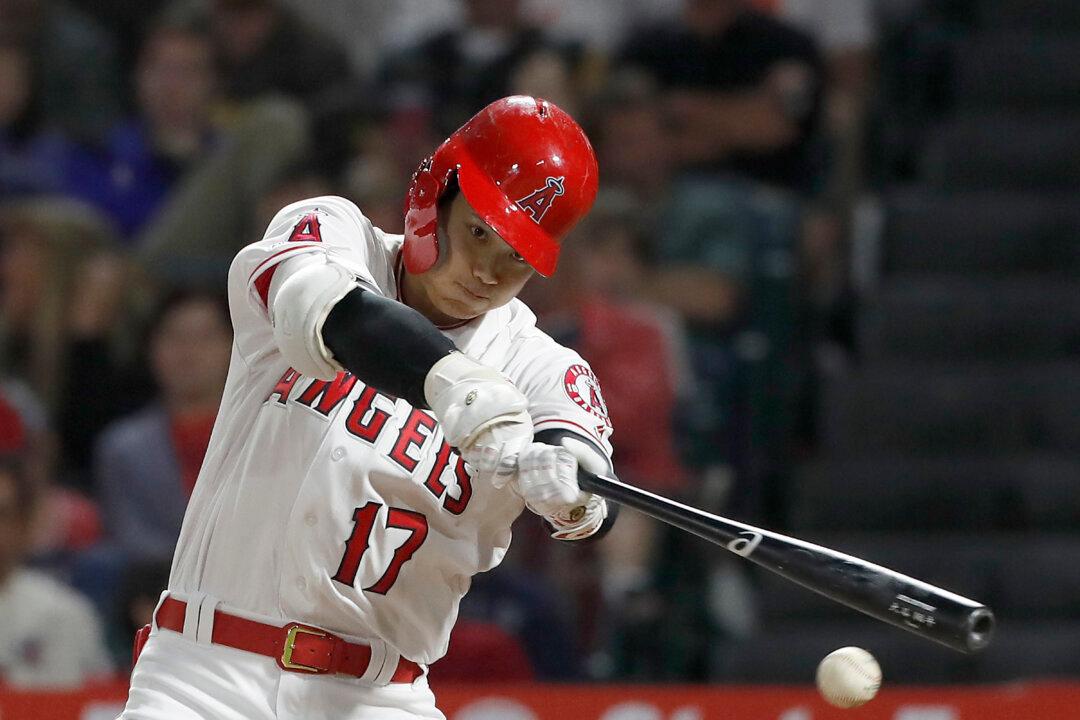By Paul Sullivan
From Chicago Tribune
CHICAGO—If you fell asleep during baseball’s All-Star break in 2019 and woke up today, you’d be scratching your head at all the changes that have taken place.

CHICAGO—If you fell asleep during baseball’s All-Star break in 2019 and woke up today, you’d be scratching your head at all the changes that have taken place.